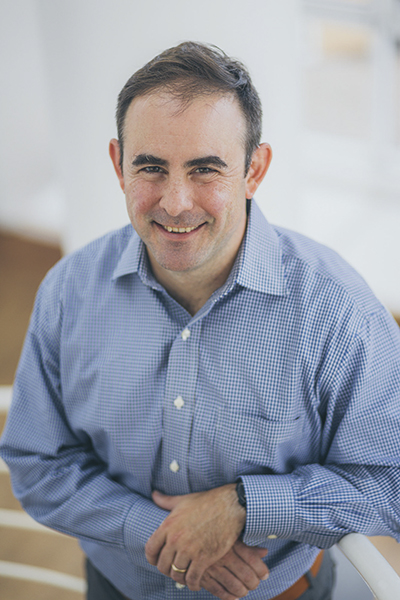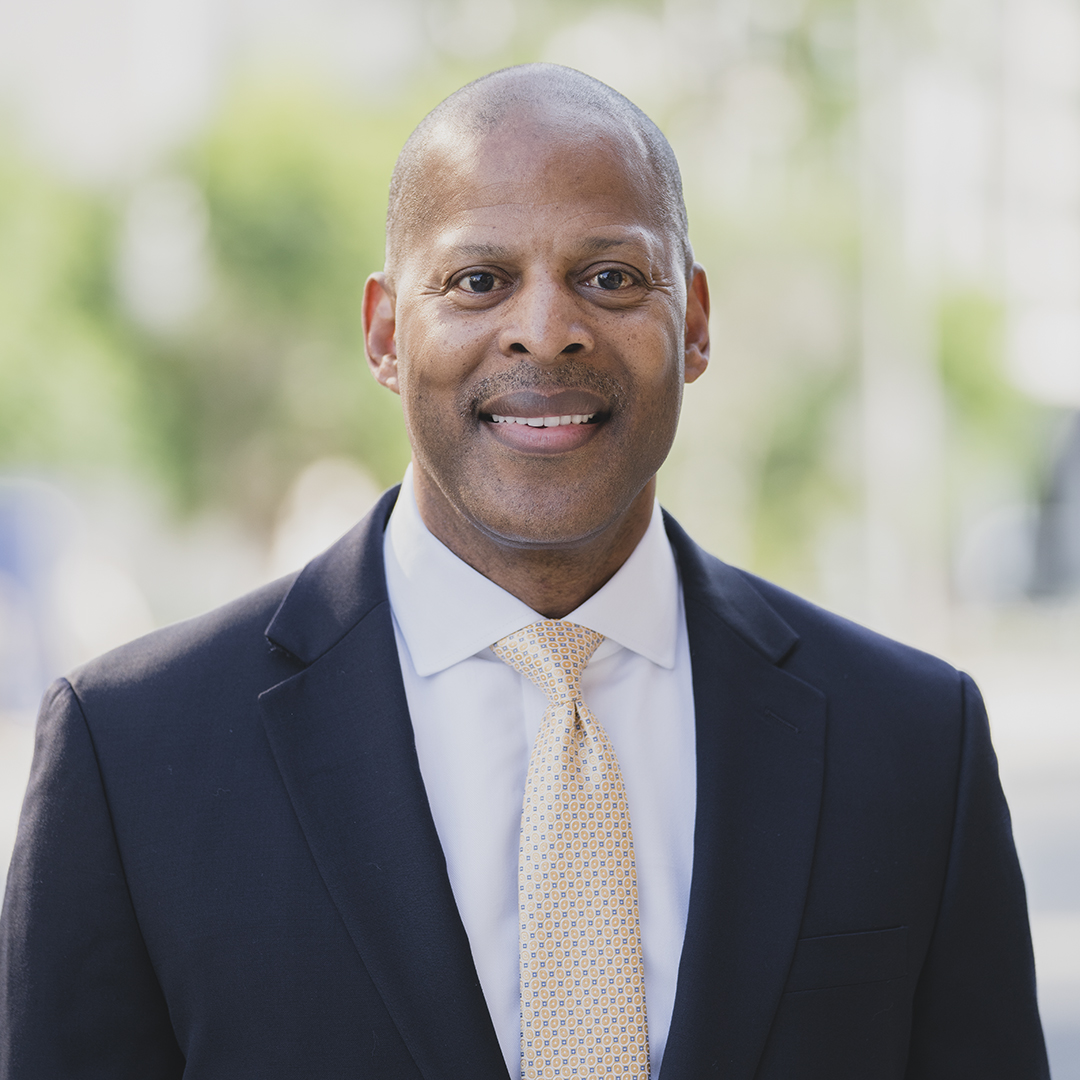A world-class company needs a world-class team. At Takeda Pharmaceuticals, a global leader in the pharmaceutical industry founded more than 230 years ago, Chris Allen enables the success of the US litigation and investigations department by prioritizing relationships and making sure that his people remain motivated and engaged.
Currently the vice president and head counsel of the litigation and investigations department at Takeda, Allen spent the first fifteen years of his career at Nixon Peabody LLP. When he first started there as an associate, Allen had no thought of entering a STEM-focused field like pharmaceuticals. “I was the guy who studiously avoided any math and science and technology, except for maybe geology class,” Allen laughs.
But when Allen was a second-year associate, the firm took on a mass-tort product liability case for a large pharmaceutical company, and one of the partners told Allen that he would soon be taking depositions of dozens of treating physicians and prescribers.
“I was thrust into it, really,” Allen recalls. “During those depositions, I had to engage the doctors on very technical issues. But the science of the medicine was vitally important to the case, and I actually found that I really liked it.” And by the time Allen left Nixon Peabody, much of his practice centered on the life sciences industry, including pharmaceuticals and medical devices.
Allen’s opportunity to dive into the deep end equipped him with skills that allow him to navigate through any legal landscape. “Chris has impeccable judgment, both as a legal counselor and a business problem-solver,” says Mark Jensen, managing partner of King & Spalding’s Washington, DC office. “And when coupled with an extraordinary depth of expertise across litigation, transactions, and regulatory matters, his leadership inspires confidence in those around him.”
Now, as a leader at Takeda, Allen emulates the partner who nudged him into the pharmaceutical world all those years ago. “There are benefits to being thrown in the deep end,” Allen says. “A lot of senior attorneys don’t do that for junior associates—they worry about the client relationship, or a high-stakes case being jeopardized—but those experiences are vital for an attorney’s professional development.”
Ninety-nine times out of a hundred, Allen says, he will tell his team members to take the opportunity, to take a risk and try swimming in the deep end. And thankfully, given the recent merger between Takeda and Shire, a leading biotech company, there is plenty of interesting, challenging work to go around.
Of course, Allen doesn’t throw his team in the deep end without a lot of support and encouragement. “The question is, ‘How do you get the best out of people?’ And I’ve found that the answer is to make sure people feel that they’re doing meaningful work and that they know their work matters—that they’re making a vital contribution to the company,” Allen says.
“The answer is to make sure people feel that they’re doing meaningful work and that they know their work matters—that they’re making a vital contribution to the company.”
According to Allen, great work goes unremarked all too often in the legal world. Especially at law firms, junior attorneys don’t get the recognition they deserve. “You bust your tail as a young associate, working on briefs over the weekend and missing weddings and birthday parties to get the work done,” Allen says. “But then, even when it’s an exceptional product, the partner will often just say, ‘This is fine. It looks fine.’ There’s never a thank you, or an acknowledgment of what you gave up.”
Despite what he’s seen, Allen’s own attention toward recognition does not go unnoticed. “Chris is a superb strategic thinker who also invests the time needed to know cases well enough to advise and contribute at every level,” says Fred Kelly, partner at Haug Partners LLP. “He is tireless, thoughtful, and quick with a compliment to everyone on the team—a real pleasure to work with.”

The leader-team member relationship isn’t the only one that you have to pay attention to and foster, says the VP. On an in-house counsel team, he says, you have “one client, in a certain sense.” But really, when you think about the need to be a trusted advisor to internal business leaders, you have many clients. “Relationships just become vastly more important in an in-house role,” Allen notes. Following the Takeda-Shire merger, Allen has dedicated himself to ensuring that the transition continues smoothly but also to making sure that internal stakeholders have a relationship with his team.
“It’s vitally important to get to know new colleagues, whether it’s within legal or elsewhere in the organization, to understand what’s important to them and what their concerns are,” Allen says. “And on the other side, there’s a need to make sure that they have a good understanding of my team’s skill sets and that they know we can be vital strategic partners, whether it’s in a litigation setting or related to other matters that might be relevant to the business.”
But Allen doesn’t stop at internal business leaders—relationships with external partners must be fostered as well, he emphasizes. He always looks for outside law firms that commit to their relationship with Takeda—firms “who are willing to run through traffic to help us.” But that kind of relationship only forms when you place high value on positivity and respect, Allen says.
Allen’s commitment to building strong relationships with external partners certainly shows. “Chris’s extensive experience in private practice, combined with his business acumen and a very pragmatic approach to problem solving, makes him particularly effective in his role,” says Steven Reed, partner at Morgan Lewis and close colleague of Allen and his team. “He has great instincts and judgment and is a pleasure to work with.”
“When the client calls at 6:30 on Friday evening, every law firm lawyer will tell you that they will pick it up,” Allen explains. “But, speaking from my own experience in private practice, there are some clients for whom you answer the phone more out of a sense of duty and obligation, and there are others for whom you are excited to pick up the receiver. When my team places a call to a law firm, my objective is that we are in the latter category: whether it’s our law firms or our in-house tech teams picking up the phone, we want them to be excited to work with us.”


